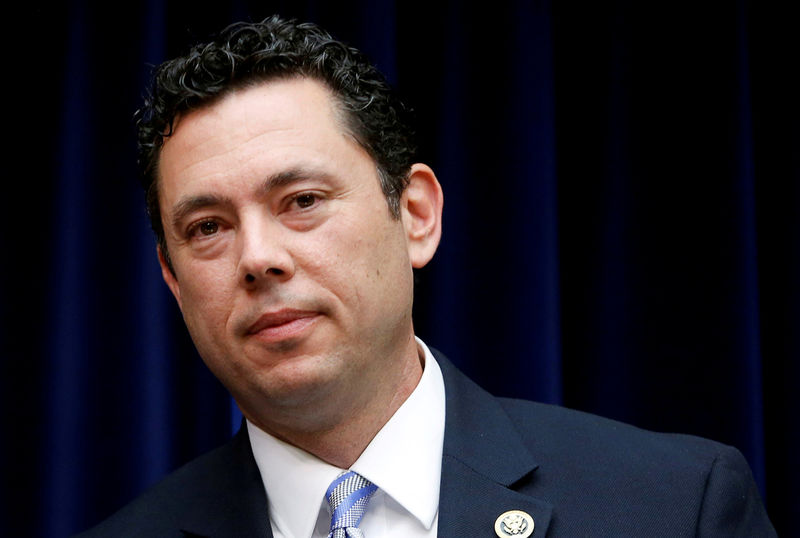By Lacey Johnson
WASHINGTON (Reuters) - The U.S. House of Representatives' Oversight Committee voted on Monday to strike down a Washington, D.C. law that would allow physician-assisted suicide there.
City leaders passed legislation in December that allows terminally ill patients to end their lives with a doctor's help, but the U.S. Constitution gives Congress the power to overturn laws in the 68-square-mile (177-square-km) district.
"I worry that assisted suicide will create a marketplace for death," said Jason Chaffetz, a Utah Republican who heads the Oversight Committee. "I think it's fundamentally wrong."
After hearing arguments from more than a dozen lawmakers, the committee voted 22 to 14 against the law. Overturning a D.C. law requires passage by both the House and Senate and signature by the president. It has happened only a handful of times since the city gained self-governance.
Chaffetz said the current law has "serious flaws" and voiced concerns over doctors inaccurately diagnosing patients with terminal illnesses. Other Republican committee members said they opposed physician-assisted suicide for religious reasons.
Gerry Connolly, a Virginia Democrat who voted in support of the district's so-called Death with Dignity Act, told opponents: "Do the right thing and mind your own business."
Delegate Eleanor Holmes Norton, the district's congressional representative, told lawmakers they need not agree with the legislation to vote in favor.
"We are asking you to agree with American doctrine that local laws are for local residents," Norton said.
The city council has passed a range of laws in recent years on issues important to many liberal Democrats nationally. Among them are a $15-an-hour minimum wage, legalized recreational marijuana and one of the country's most generous family leave laws.
Washington leaders have typically relied on the Senate, which has long had less appetite to interfere with district laws than the House, to block legislation affecting it.

If the law is upheld, Washington will join six states that allow physician-assisted suicide for terminally ill patients.